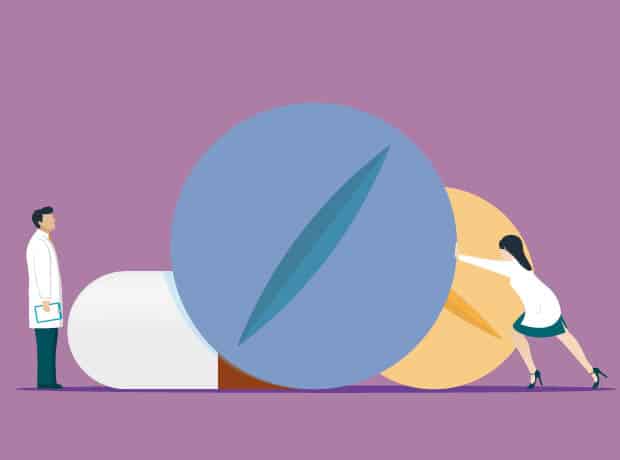Annualised bleed rate among haemophilia A patients was significantly lower in real-world setting
Positive results from the Elocta study – A-SURE – have been presented at the 30th International Society on Thrombosis and Haemostasis (ISTH) Congress in London.
They demonstrated improved prophylactic effectiveness when patients used Swedish Orphan Biovitrum AB’s (Sobi) Elocta therapy.
A-SURE was a 24-month prospective, non-interventional, European multi-centre study including more than 350 participants in 45 centres. It was the largest directly comparative study in people with haemophilia A. The results were delivered by Professor Johannes Oldenburg, the study principal investigator.
The A-SURE study was designed with a matched control group in a prospective observational study and provided balanced and comparable study groups. Almost all patients had severe haemophilia and all patients had been on prophylaxis with a factor 8 product for at least 12 months prior to enrolment.
Results showed statistically significant improvements in all three primary endpoints. Meanwhile, Elocta was well-tolerated and consistent with the established safety profile. Also, no inhibitors occurred, including in patients with a previous inhibitor history.
“The results show Elocta to be significantly superior to SHL FVIII treatments on all three endpoints,” explained Professor Johannes Oldenburg, also chairman of the Institute of Experimental Haematology and Transfusion Medicine.
“Additionally, the direct comparative head-to-head study design of A-SURE in a real-world setting is unique in haemophilia and provides a new and robust addition to making confident treatment decisions on the basis of outcomes,” he added.
“These new data further expand the already extensive body of evidence supporting Elocta’s potential to elevate protection for people with haemophilia A,” said Anders Ullman, head of R&D and chief medical officer at Sobi. “We remain committed to continuously strengthening evidence for the treatment of haemophilia through clinical data and real-world outcomes.”
Haemophilia A is a rare, genetic disorder in which the ability of a person’s blood to clot is impaired due to a lack of factor 8. Haemophilia A occurs in about one in 5,000 male births annually and more rarely in females.










